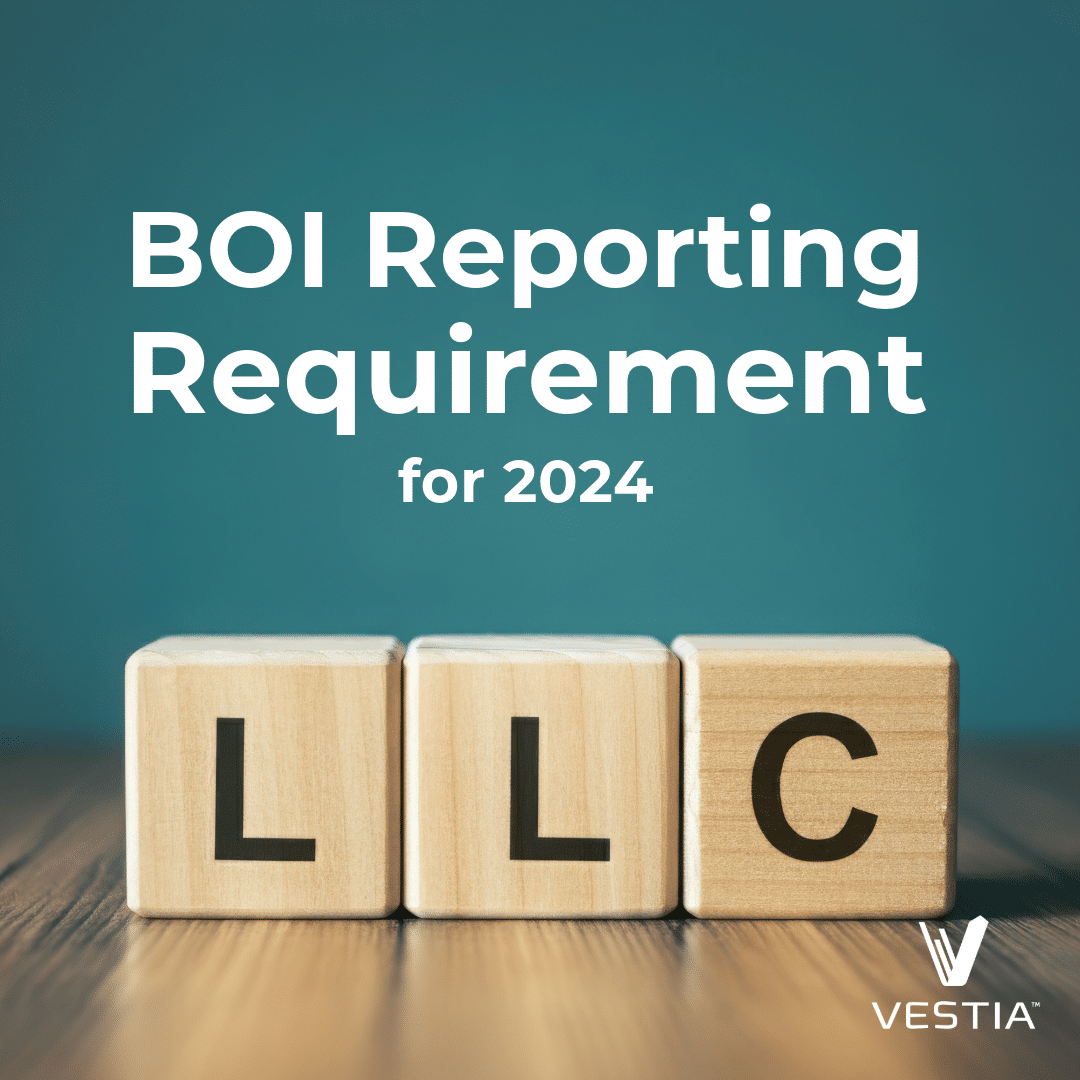Giving can be a significant part of your financial plan.
While the primary goal for donating is to support the causes you’re passionate about, it’s also wise to go about it in a financially-friendly manner.
Here are some ways that physicians can get in the spirit of giving and potentially reduce their tax burden along the way (we’ll give you a hint, it’s not just writing a check).
1. Instead of a Check, Donate Appreciated Securities
Given many physicians’ income levels, managing annual capital gains is a critical task. For those with a passion for charity, it can be tricky to find the most valuable avenues for giving.
One way to avoid realizing more considerable gains is to donate appreciated securities to qualified 501(c)(3) charities. Doing so means that neither you nor the charity has to pay taxes on the gain. So, you can give more than you otherwise would with a traditional check and see some tax benefits.
What are appreciated securities?
Assets that are worth more today than when you acquired them, such as stocks, bonds, ETFs, or mutual funds. Giving this way has gained popularity because of two principal benefits:
- You can donate any appreciated securities with unrealized gains to a public charity and take a tax deduction for the full market value (up to 30% of the donor’s adjusted gross income).
- You don’t have to stress about capital gains tax because you donated the securities instead of selling them!
Giving appreciated assets can be a win-win for both the donor and the charity. As a bonus, you can do this consistently if you invest in a brokerage account and make donations every year.
Encourage The Spirit of Giving Without The Tax Hike: A Case Study
Last year, a surgeon we started working with had a large brokerage account full of highly appreciated individual stock positions. She is nearing retirement, so we wanted to get her diversified further while decreasing overall portfolio risk—but that would come with quite the capital gains price tag.
After looking through her tax returns, we discovered that she was donating five figures annually to charities. We were able to couple her desire to sell some stock positions to further diversify with her charitable giving, all while saving thousands in taxes in the process!
She had the stocks for years and had been giving for as long as possible but didn’t know about the value of appreciated securities. That’s the value of working with an advisor!
2. Establish and Donate To A Donor-Advised Fund
A donor-advised fund (DAF) is a flexible and tax-efficient way for physicians to give to an IRS-qualified public charity.
Think about a DAF as a charitable investment account. You can donate several assets such as appreciated securities (sound familiar?), cryptocurrency, art, or collectibles, receive an immediate tax deduction (if you itemize) and let the investments grow tax-free. Then, you donate those assets to qualified charities periodically.
A DAF is managed by a third-party (like Fidelity), and you make “recommendations” to grant the money in the account on your time. With a DAF, you get the tax deduction today, but you can spread the gifts to charity out for as many years as you’d like.
It’s important to note that this type of charitable contribution is irrevocable, so you can’t withdraw the funds or use them for other purposes.
DAFs and The Charitable “Bunching” Strategy: A Case Study
Let’s take a look at how donor-advised funds work with a real client. We had a physician couple who paid off their mortgage, but it’s challenging to qualify for itemized deductions under current tax law if you do not have mortgage interest.
Say you’re married filing jointly, take the $25,100 standard deduction in 2021 and give $10,000 to charity; you wouldn’t have enough deductions to receive any “extra” tax bonus for giving.
For this couple, we “bunched” 3 years of charitable giving into the DAF. They received the tax deduction and well eclipsed the standard deduction, so they saved on taxes in the current year and planned to give to their favorite charities for the subsequent 2 years from the DAF
3. If You’re Over 70 1/2, Consider A Qualified Charitable Distribution
There are many charitable giving avenues for physicians in every stage of life. For retirees, a qualified charitable distribution (QCD) is one of the most tax-efficient ways to give to meaningful causes.
A QDC is a non-taxable distribution from an IRA to charity where an individual can contribute up to $100,000. The best part? QCDs fulfill your annual required minimum distribution conditions, so you don’t have to worry about the steep 50% penalty for not taking them on time.
One significant advantage of a qualified charitable distribution is that it lowers your adjusted gross income, meaning that you could pay less tax on your social security income and may qualify for additional deductions or credits. If you’re interested in donating through this avenue, your advisor and accountant can help you determine what makes sense for you.
Giving Ties Back To Your Values
At the end of the day, when you’re deciding on how to best give to charity, it ties back to your values and what you’re passionate about.
At Vestia, we don’t tell you how to spend your money; instead, we provide all the tools you need to make the best decisions for you and your family.
Are you ready to take the next step in securing your financial future? Get in touch with our team today to learn about all the possibilities that await you.
Disclosures
Investment advisory services offered through Vestia Personal Wealth Advisors, Vestia Retirement Plan Consultants, and Vestia Advisors, LLC. Securities offered through Ausdal Financial Partners, Inc., 5187 Utica Ridge Rd, Davenport, IA. 52807 (563)326-2064. Member FINRA/SIPC. Vestia Personal Wealth Advisors, Vestia Retirement Plan Consultants, Vestia Advisors, LLC, and Ausdal Financial Partners, Inc. are independently owned and operated.
This material is intended for informational purposes only. It should not be construed as legal or tax advice and is not intended to replace the advice of a qualified attorney or tax advisor. This information is not an offer or a solicitation to buy or sell securities. The information contained may have been compiled from third-party sources and is believed to be reliable.



